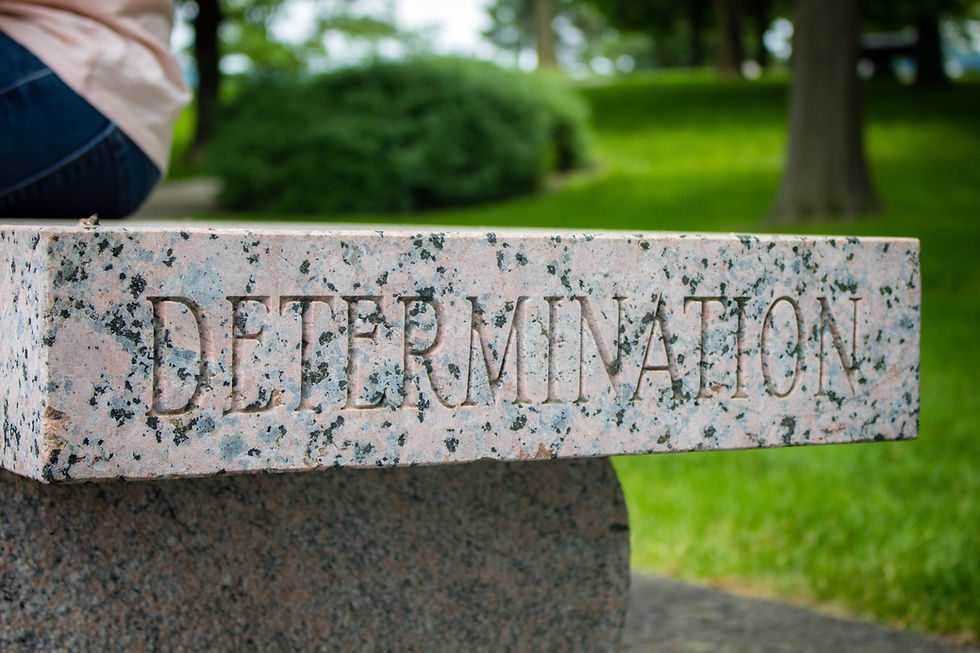The Pause - Is Silence Golden or Uncomfortable for You?
- Justin Tan
- Jul 19, 2022
- 2 min read
Are you comfortable with silence, or a pregnant pause, between sentences, when conversing with a friend, a colleague, or in an interview?

Chances are, your answers will depend on whether or not you are a native-English speaker, and where you were born.
In certain cultures, silence in between conversations is seen as awkward. Sometimes, an extended pause between conversation is interpreted as the message isn't clear. For example, when Person A finishes a sentence, if there is an extended pause before Person B replies, Person A might feel as if they have not been understood, and are forced to repeat themselves.
However, in other cultures, a pause in between conversation is accepted as natural, or polite even, as it allows Person A to finish their sentence and reduces the risk of Person B interrupting Person A.

In an often quoted study, the Athabaskan Indians of North America prefers silence and do not often engage in small talk, especially with strangers.
In contrast, European Americans often use small talk to establish relationships and often view Athabaskan Indians' silence as unfriendly, sullen, uncooperative, and ignorant.
A recent conversation with an experienced HR professional in Australia brought this closer to home. During an interview last year between a mostly Australian panel of interviewers and a promising candidate from Asia, it was observed that the interviewers found themselves having to repeat their questions several times.
The interviewers interpreted the candidate's perceived "lengthy" pauses before responding as a signal that the latter had not understood their questions. This led to some consternation and doubt amongst some on the panel.
Ironically, subsequent feedback from the candidate also indicated that they were equally as frustrated. They felt they weren't given the opportunity to respond. They patiently waited for the interviewers to finish their questions, only for the interviewers to repeat the same question immediately after asking the first time.
Safe to say, the outcome of the interview could have been more positive, for both sides.
This awareness of differences in the way we communicate is even more important as Australia seeks to re-establish itself on the global stage after two years of closed borders.
The Business Council of Australia and Australia Asia Society (together with PwC and University of Sydney) issued a report in 2021 called "A Second Chance: How Team Australia can succeed in Asia", in which it recognises the importance of Asia in Australia's post COVID economic recovery.
One of the report's key recommendation is to reboot Asia literacy.
This recommendation emphasises the importance of being culturally competent, and how its benefits far exceeds the context of a job interview. This competency is equally critical when negotiating a business deal or partnership, or when working with colleagues from a different region.
So the next time you are engaged in a conversation or a discussion (especially with someone from a different background), just remind yourself that a pregnant pause isn't necessarily an absence of communication or a lack of comprehension.
Or if you are on the other side of the table, you can do your part too. It will take some practice, but one can learn to get use to the shorter pause, or responding with a simple "Yup" as immediate feedback, to acknowledge you heard and understood them and will be responding promptly.



Comments